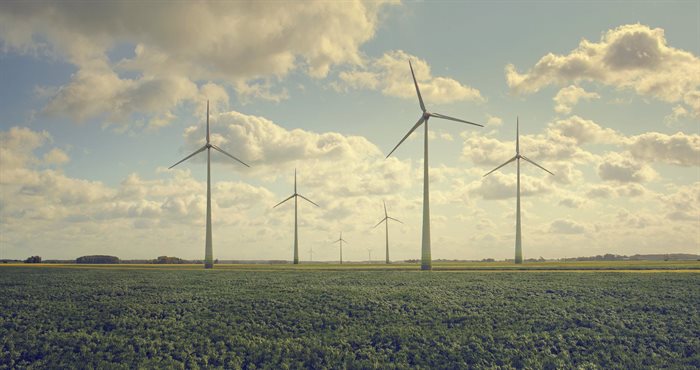More jobs to be gained by energy transition than lost - Irena, ILO

While solar and wind jobs continued leading global employment growth in the renewable energy sector, accounting for a total of 4 million and 1.25 million jobs respectively, liquid biofuels employment decreased as demand for transport fuels fell. Off-grid solar lighting sales suffered, but companies were able to limit job losses.
China commanded a 39% share of renewable energy jobs worldwide in 2020, followed by Brazil, India, the United States, and members of the European Union. Many other countries are also creating jobs in renewables. Among them are Vietnam and Malaysia, key solar PV exporters; Indonesia and Colombia, with large agricultural supply chains for biofuels; and Mexico and the Russian Federation, where wind power is growing. In sub-Saharan Africa, solar jobs are expanding in diverse countries like Nigeria, Togo, and South Africa.
Environmental sustainability and job creation
“Renewable energy’s ability to create jobs and meet climate goals is beyond doubt. With COP26 in front of us, governments must raise their ambition to reach net zero,” says Francesco La Camera, Irena director-general. “The only path forward is to increase investments in a just and inclusive transition, reaping the full socioeconomic benefits along the way.”
“The potential for renewable energy to generate decent work is a clear indication that we do not have to choose between environmental sustainability on the one hand, and employment creation on the other. The two can go hand-in-hand,” said ILO director-general Guy Ryder.
Recognising that women suffered more from the pandemic because they tend to work in sectors more vulnerable to economic shocks, the report highlights the importance of a just transition and decent jobs for all, ensuring that jobs pay a living wage, workplaces are safe, and rights at work are respected. A just transition requires a workforce that is diverse – with equal chances for women and men, and with career paths open to youth, minorities, and marginalised groups. International labour standards and collective bargaining arrangements are crucial in this context.
Ambitious policies needed
Fulfilling the renewable energy jobs potential will depend on ambitious policies to drive the energy transition in coming decades. In addition to deployment, enabling, and integrating policies for the sector itself, there is a need to overcome structural barriers in the wider economy and minimise potential misalignments between job losses and gains during the transition.
According to Irena and ILO, more jobs will be gained by the energy transition than lost. An ILO global sustainability scenario to 2030 estimates that the 24-25 million new jobs will far surpass losses of between six and seven million jobs. Some five million of the workers who lose their jobs will be able to find new jobs in the same occupation in another industry. Irena’s World Energy Transitions Outlook forecasts that the renewable energy sector could employ 43 million by 2050.
Strengthening domestic value chains
The disruption to cross-border supplies caused by Covid-19 restrictions has highlighted the important role of domestic value chains. Strengthening them will facilitate local job creation and income generation, by leveraging existing and new economic activities. Irena’s work on leveraging local supply chains offers insights into the types of jobs needed to support the transition by technology, segment of the value chain, educational and occupational requirements.
This will require industrial policies to form viable supply chains; education and training strategies to create a skilled workforce; active labour market measures to provide adequate employment services; retraining and recertification together with social protection to assist workers and communities dependent on fossil fuels; and public investment strategies to support regional economic development and diversification.
The report was released at a high-level opening of Irena’s Collaborative Framework on Just and Inclusive Transitions, co-facilitated by the United States and South Africa. Read the full report here.














